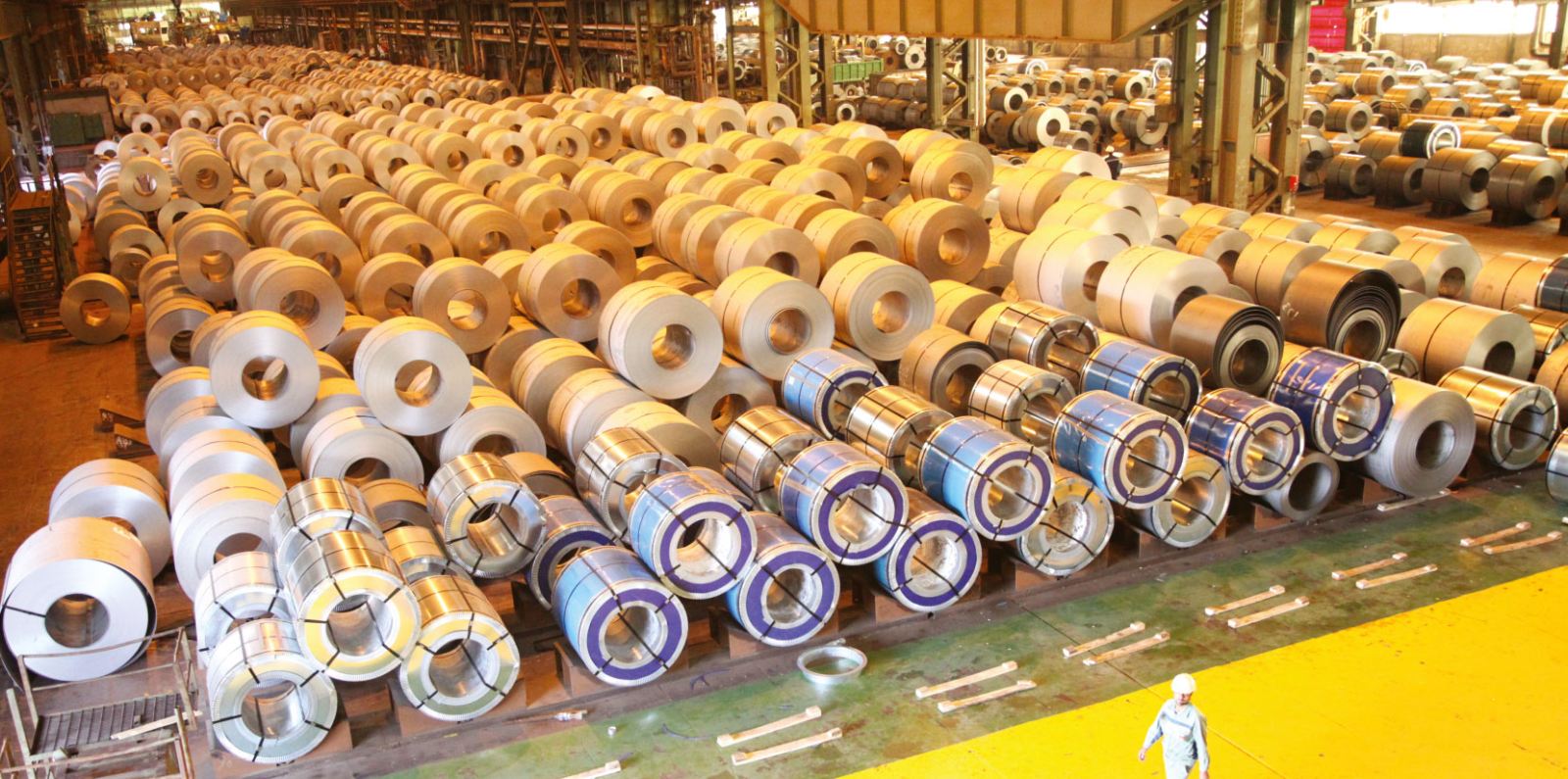
Flat Rolling Capacity to Boom by 2019

Iran’s current flat steel consumption does not exceed 8 million tons, which figure is expected to rise to 13.5 million tons by 2019 with the development of consuming industries, Metal Expert, a Ukraine-based provider of news and analysis on steel products and steelmaking raw materials industries, has forecast in a recent report dubbed “Iran in Focus”.
Local mills supply 70% of the country’s flat steel needs, where the share of the largest producer Mobarakeh Steel Company is 60%. The remaining 30% are covered mostly by Chinese, Kazakh and Russian material. The expansion of domestic capacities will lead to the realignment of forces both inside and outside the country.
Besides MSC with its subsidiaries, many new companies in Iran are eager to enter the flat steel segment in 2017-19. Among them are Golgohar Iron and Steel Development Company, Arvand Jahanara Steel Company, Pars Kohan Diyar Parsian Steel Complex (PKP) and even Esfahan Steel Company (ESCO). The latter, which is a traditional longs and billet producer, announced plans to diversify its production portfolio.
“ESCO probably will plan to produce flat steel to provide variety in final products in the company to increase its competitiveness in local and export markets, but we are assessing the market opportunities and have not set exact terms for project implementation,” a company representative said.
The arrival of new mills will almost double hot rolling capacities in Iran to over 23 million tons per year.
To support domestic producers, the Iranian government increased flat steel import duties from 10-15% to 20-26% in the current Iranian year (started March 20). This has put pressure on foreign suppliers and pushed them out of the market.
“Last year’s duty increase had a real effect on the volumes exported to Iran, 20-26% means the market is closed,” a CIS producer told Metal Expert.
Nevertheless, South Korean POSCO, which had been a large steel supplier to Iran before sanctions, found the way to maintain itse share in this market. The company entered into joint venture with Iran’s PKP for the construction of a steelmaking complex and hot rolling mill.
Considering the Iranian government’s plan to make the country self-sufficient in steel, such cooperation may gain momentum.
“Any form of expansion of cooperation shall avoid interference in internal affairs, respect the independence of Iran and agree with national development policies,” the head of the Presidential Office, Mohammad Nahavandian, told the local press.
Nevertheless, there is a high possibility of local market oversaturation, which will make Iranian mills seek export opportunities. The country’s possible customers may be European and Persian Gulf countries as well as Turkey that have faced a number of antidumping restrictions against its traditional suppliers.


Trump weighs using $2 billion in CHIPS Act funding for critical minerals

Codelco cuts 2025 copper forecast after El Teniente mine collapse

Electra converts debt, launches $30M raise to jumpstart stalled cobalt refinery

Barrick’s Reko Diq in line for $410M ADB backing

Abcourt readies Sleeping Giant mill to pour first gold since 2014

Nevada army depot to serve as base for first US strategic minerals stockpile

SQM boosts lithium supply plans as prices flick higher

Viridis unveils 200Mt initial reserve for Brazil rare earth project

Tailings could meet much of US critical mineral demand – study

Kyrgyzstan kicks off underground gold mining at Kumtor

Kyrgyzstan kicks off underground gold mining at Kumtor

KoBold Metals granted lithium exploration rights in Congo

Freeport Indonesia to wrap up Gresik plant repairs by early September

Energy Fuels soars on Vulcan Elements partnership

Northern Dynasty sticks to proposal in battle to lift Pebble mine veto

Giustra-backed mining firm teams up with informal miners in Colombia

Critical Metals signs agreement to supply rare earth to US government-funded facility

China extends rare earth controls to imported material

Galan Lithium proceeds with $13M financing for Argentina project

Kyrgyzstan kicks off underground gold mining at Kumtor

Freeport Indonesia to wrap up Gresik plant repairs by early September

Energy Fuels soars on Vulcan Elements partnership

Northern Dynasty sticks to proposal in battle to lift Pebble mine veto

Giustra-backed mining firm teams up with informal miners in Colombia

Critical Metals signs agreement to supply rare earth to US government-funded facility

China extends rare earth controls to imported material

Galan Lithium proceeds with $13M financing for Argentina project

Silver price touches $39 as market weighs rate cut outlook

















